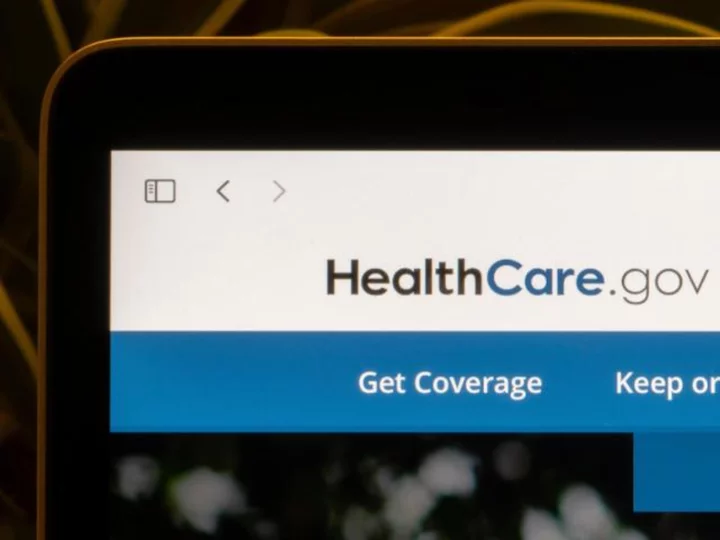Premiums are going up again on the federal Affordable Care Act exchange, but generous subsidies will shield most consumers seeking coverage from the increased cost.
The average monthly premium for the benchmark silver plan in 2024 will rise by 4% in the 32 states participating in the federal exchange, healthcare.gov, according to a Centers for Medicare and Medicaid Services report released Wednesday. That matches the increase for this year, which was preceded by four straight years of premium declines.
Consumers will be able to start comparing Affordable Care Act plans Wednesday when the federal exchange opens for window shopping. Open enrollment launches November 1 and runs through January 15, though folks must sign up by December 15 if they want coverage to begin at the start of the year.
The Biden administration has touted the growth in Obamacare enrollment since President Joe Biden took office in early 2021. A record 16.4 million people signed up for 2023 coverage during the last open enrollment period, an increase of 4.4 million people, or 36%, since open enrollment for 2021.
More Americans may be looking for Obamacare policies now that states are once again able to review their residents' qualifications for Medicaid and terminate the coverage of those deemed no longer eligible. At least 9.3 million people have been disenrolled, according to KFF.
Those who have lost Medicaid and live in states using the federal exchange can enroll anytime through July 2024. Most state-based exchanges are also offering similar special enrollment periods. Lower-income enrollees can qualify for subsidies that eliminate their premiums next year and greatly reduce their out-of-pocket costs.
Enhanced federal assistance continues
Enrollees can take advantage of enhanced subsidies that were initially enacted under the American Rescue Plan Act in 2021 and extended under the Inflation Reduction Act last year, both of which were pushed through Congress by Democrats. The beefed-up assistance -- which reduces premiums to no more than 8.5% of a policyholder's income -- is in effect through 2025.
Some 96% of enrollees who selected plans for 2023 on the federal exchange during open enrollment were eligible for the expanded subsidies. If current policyholders stay within their coverage tier, roughly two-thirds of them can find plans for less than $10 a month for the coming year.
Overall, 4 in 5 consumers will be able to find plans on the federal exchange for $10 or less a month.
Virtually all shoppers will have access to at least three insurers, with the average consumer having just under seven to choose from.
For the first time, insurers will have to include mental health facilities, substance abuse disorder treatment centers and rural emergency hospitals in their provider networks. Also, the Obamacare application will include optional questions regarding sexual orientation and gender identity in order to analyze health disparities in coverage access.
Plus, consumers will now receive an estimate of their total yearly costs -- including premiums and out-of-pocket costs for care -- after submitting an application to help them understand how much they might pay among different plans.
The administration is providing nearly $99 million in grants to 57 navigator groups to conduct outreach and to assist consumers with enrolling in plans.
Open enrollment in states that operate their own Obamacare exchanges also launches on November 1, except in Idaho, where it began on October 15.

